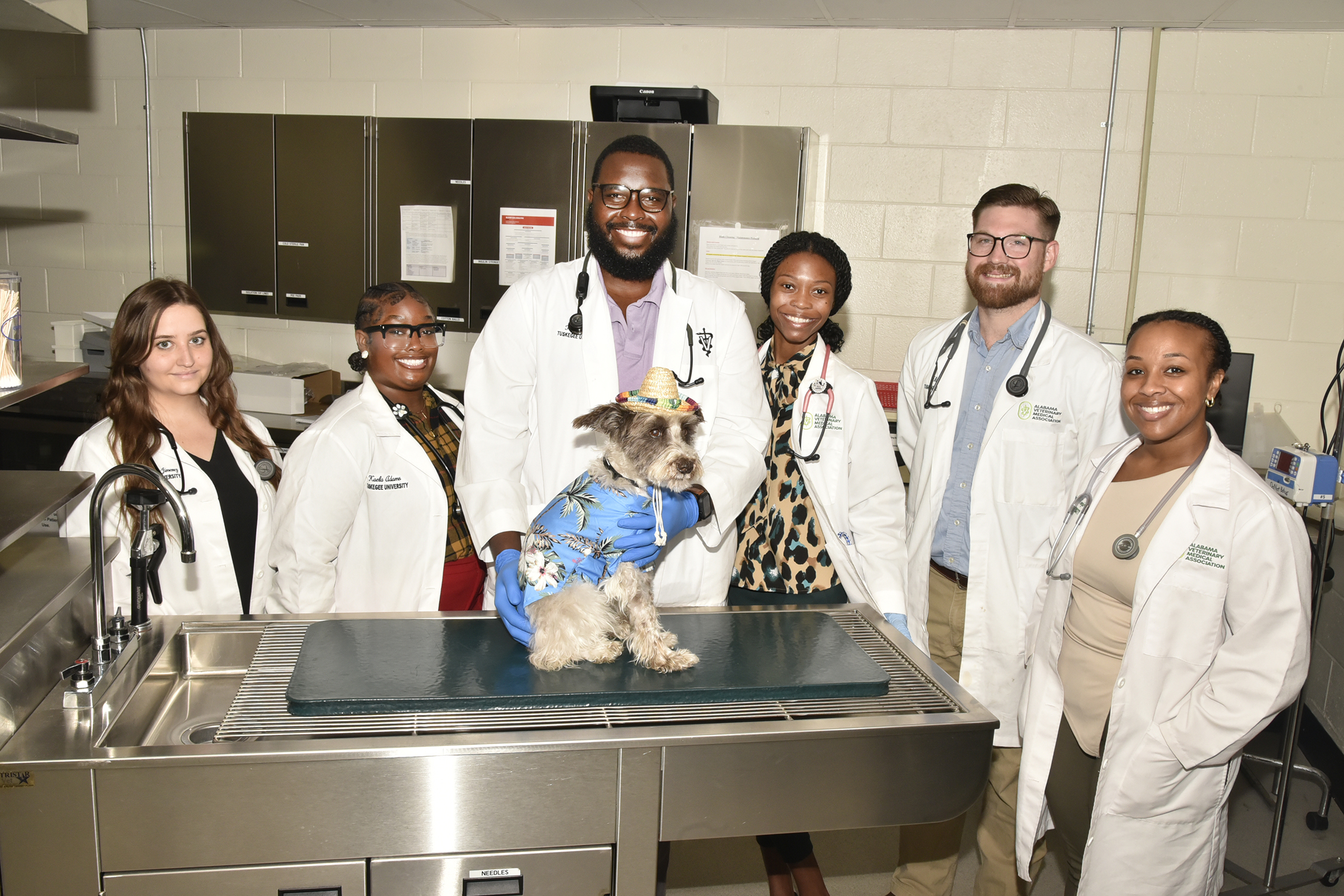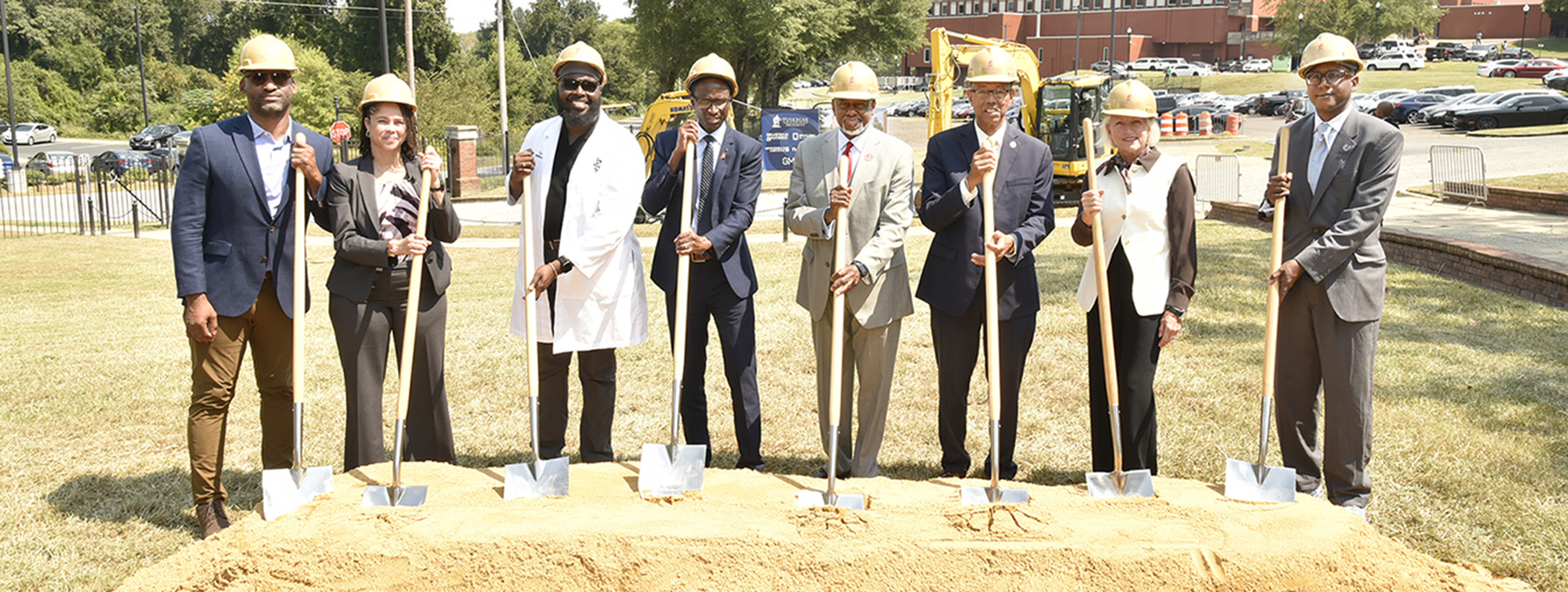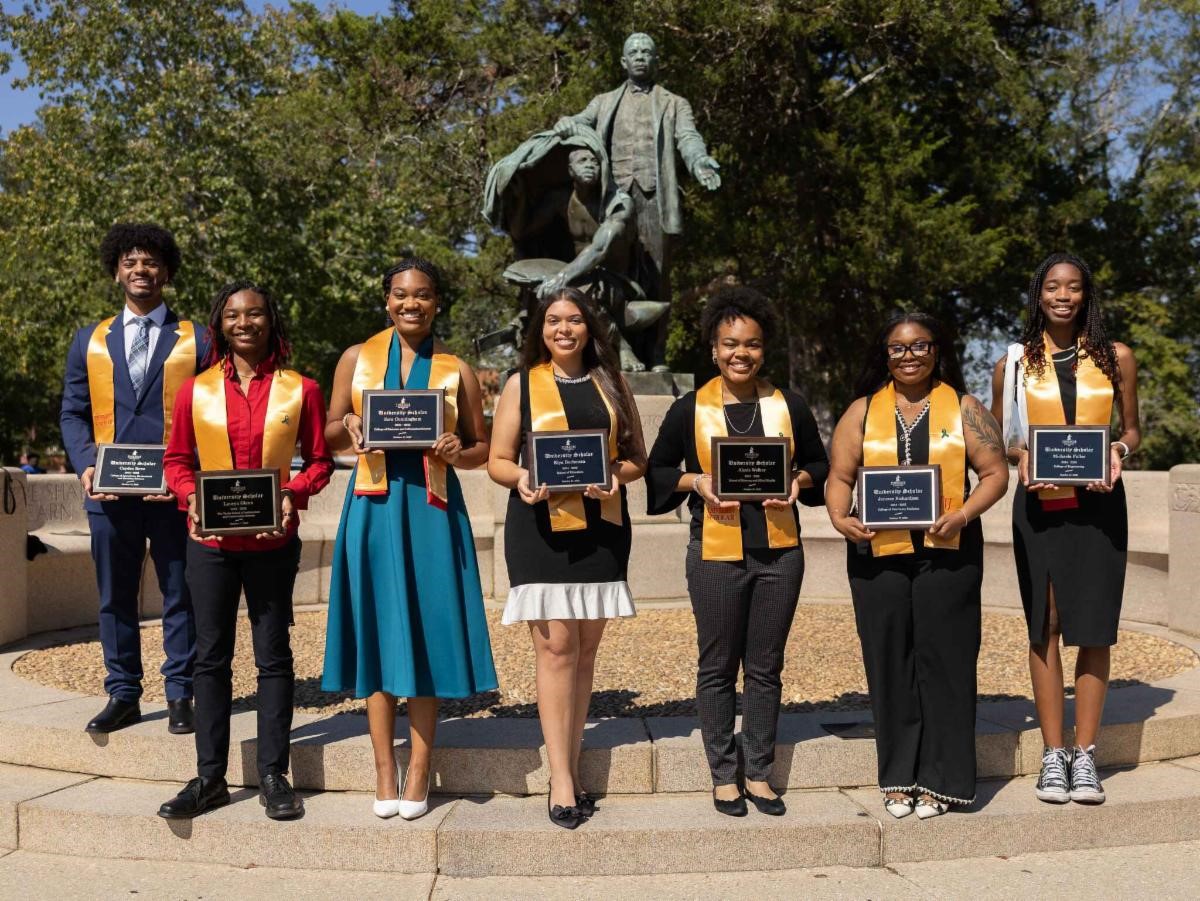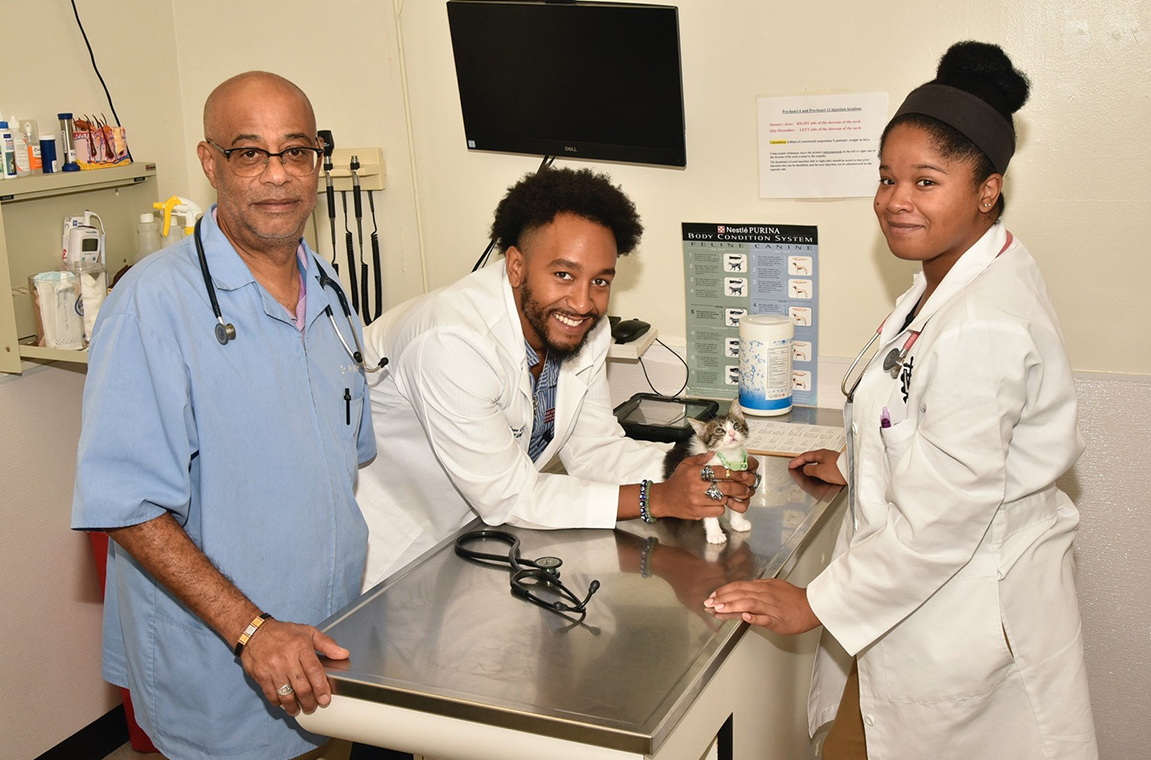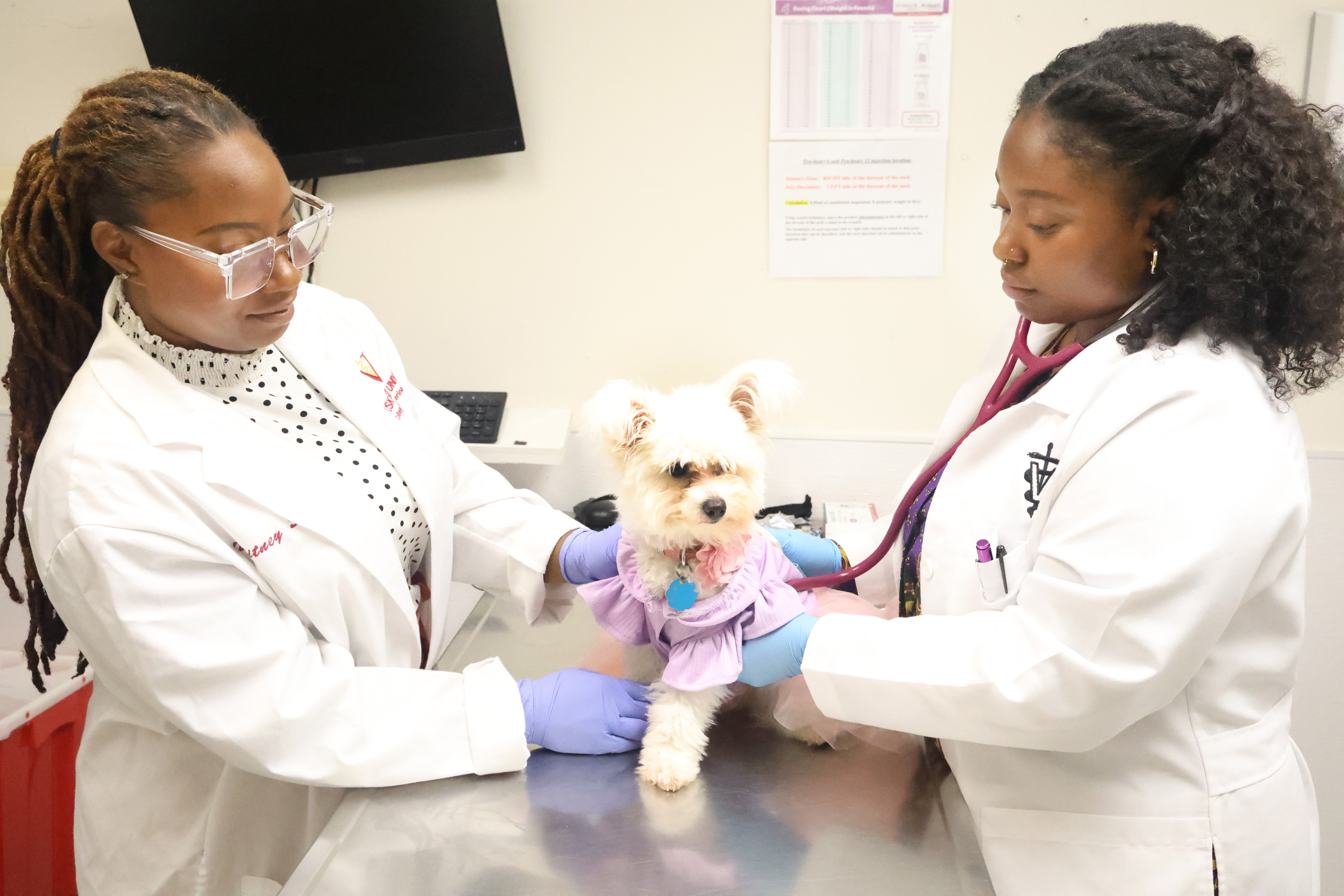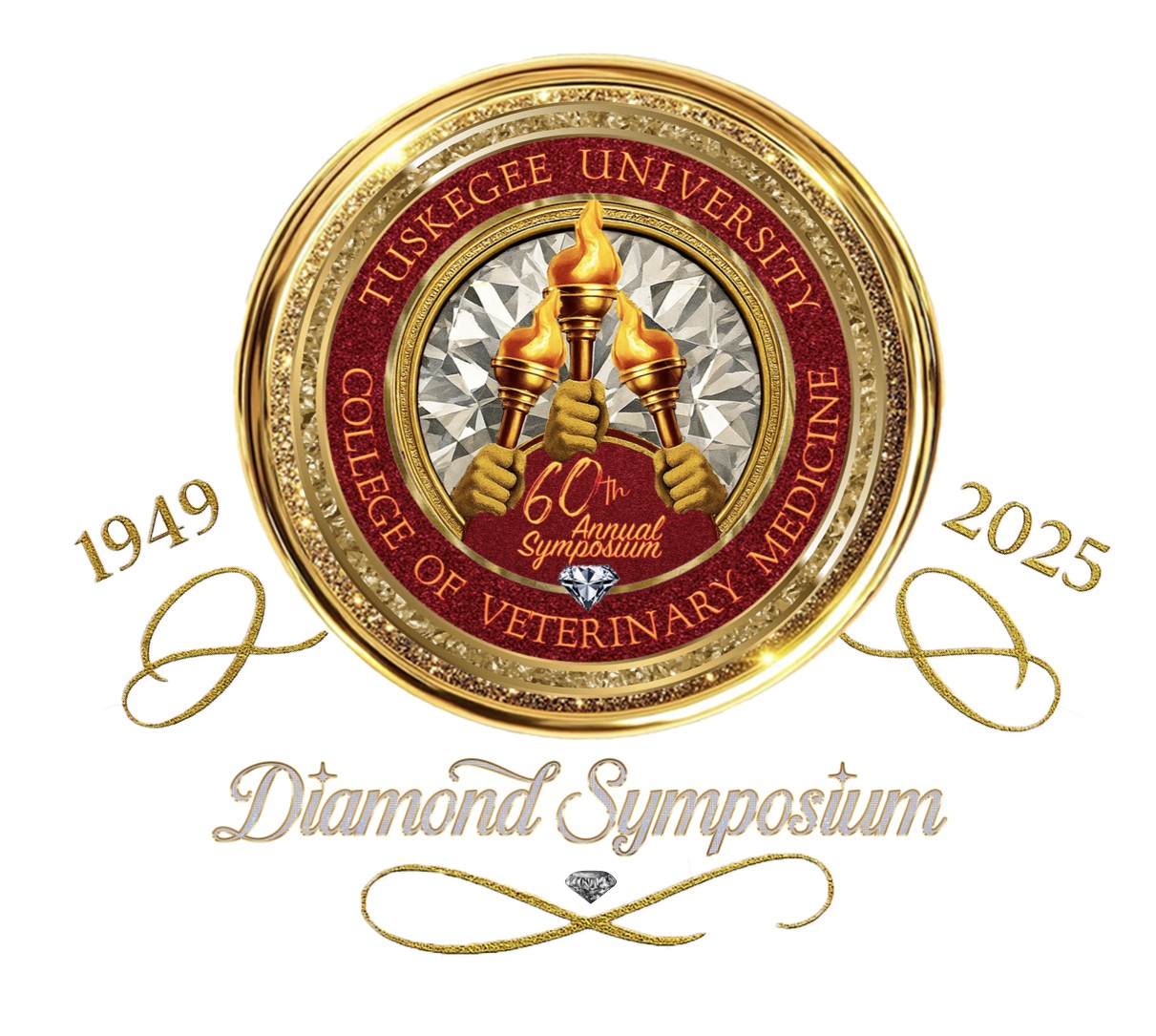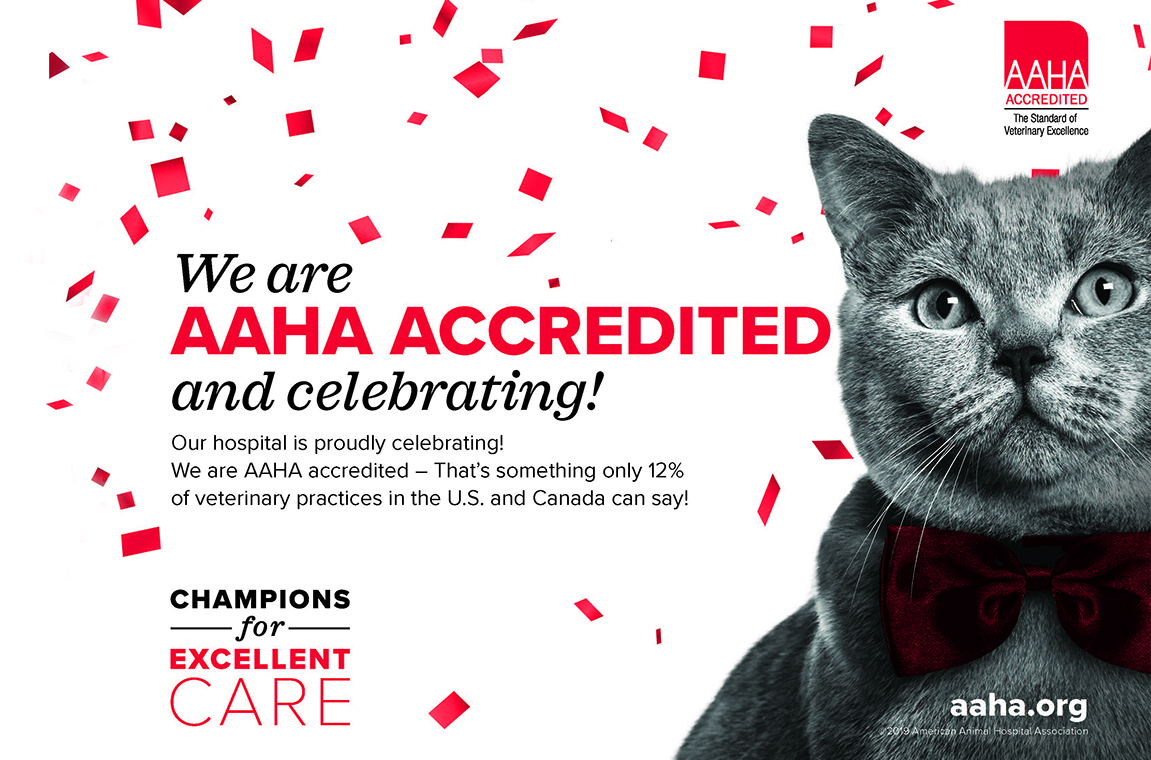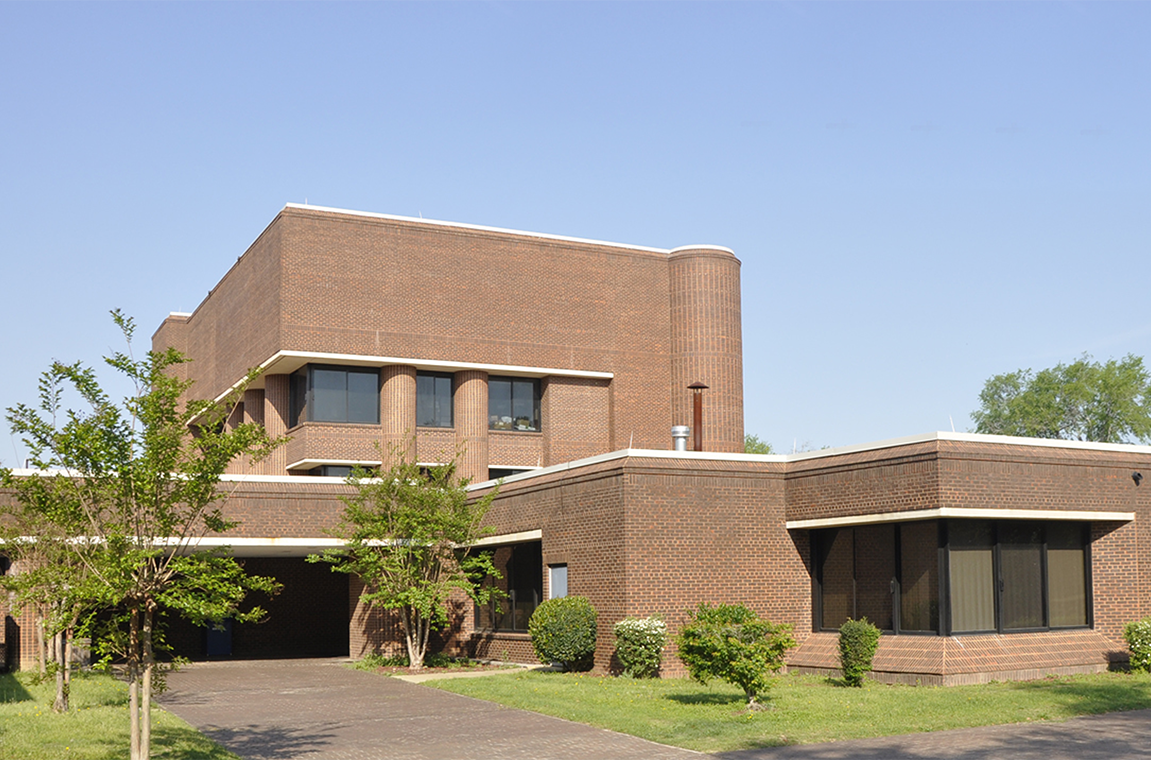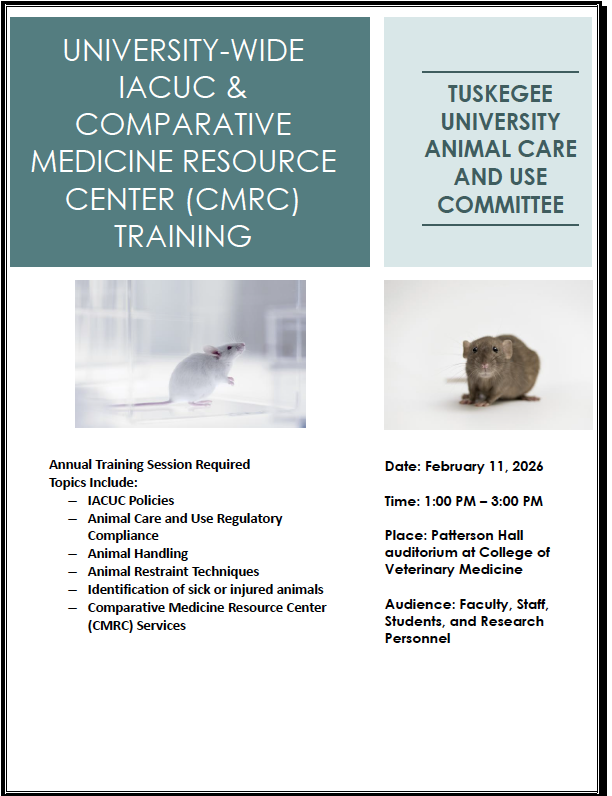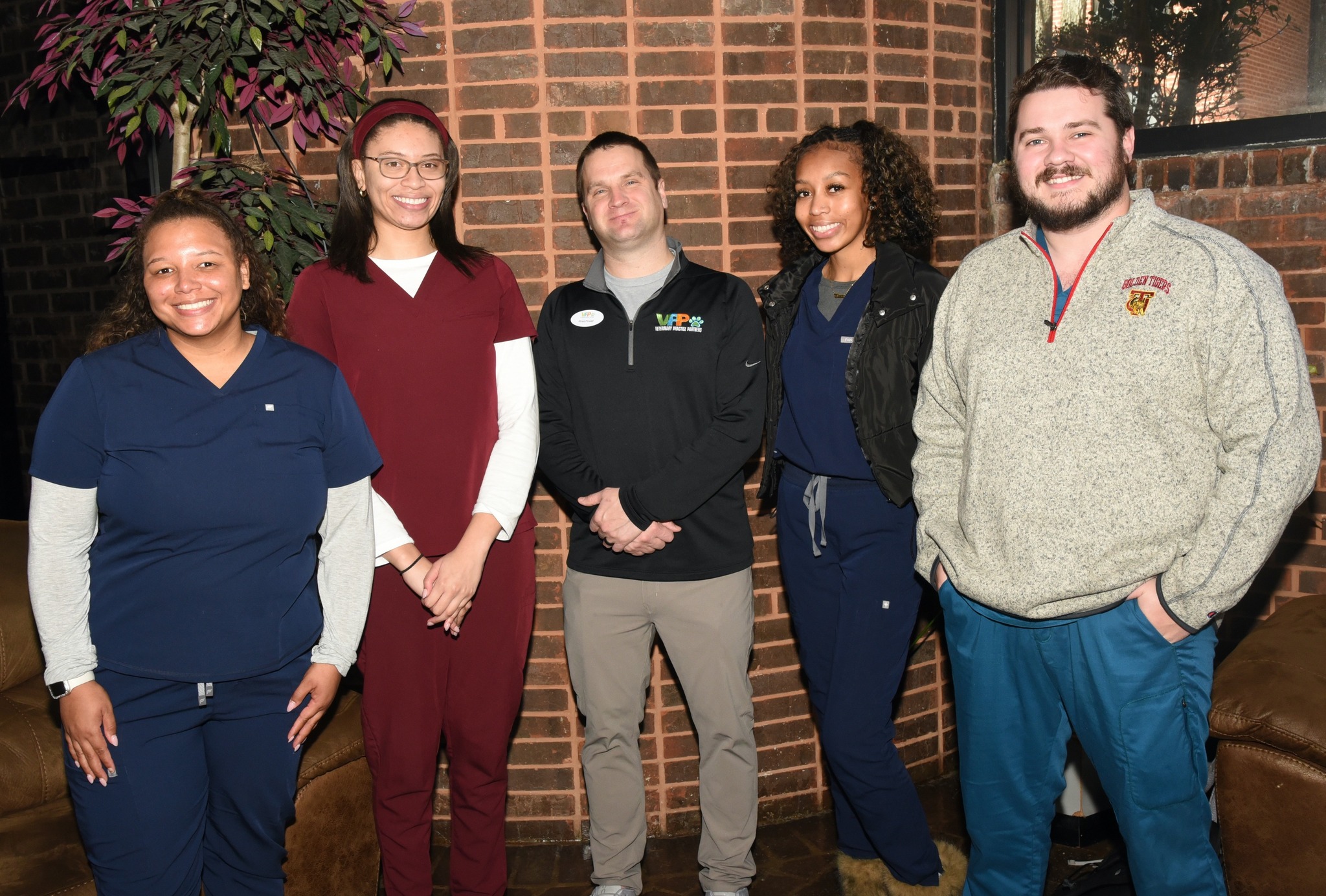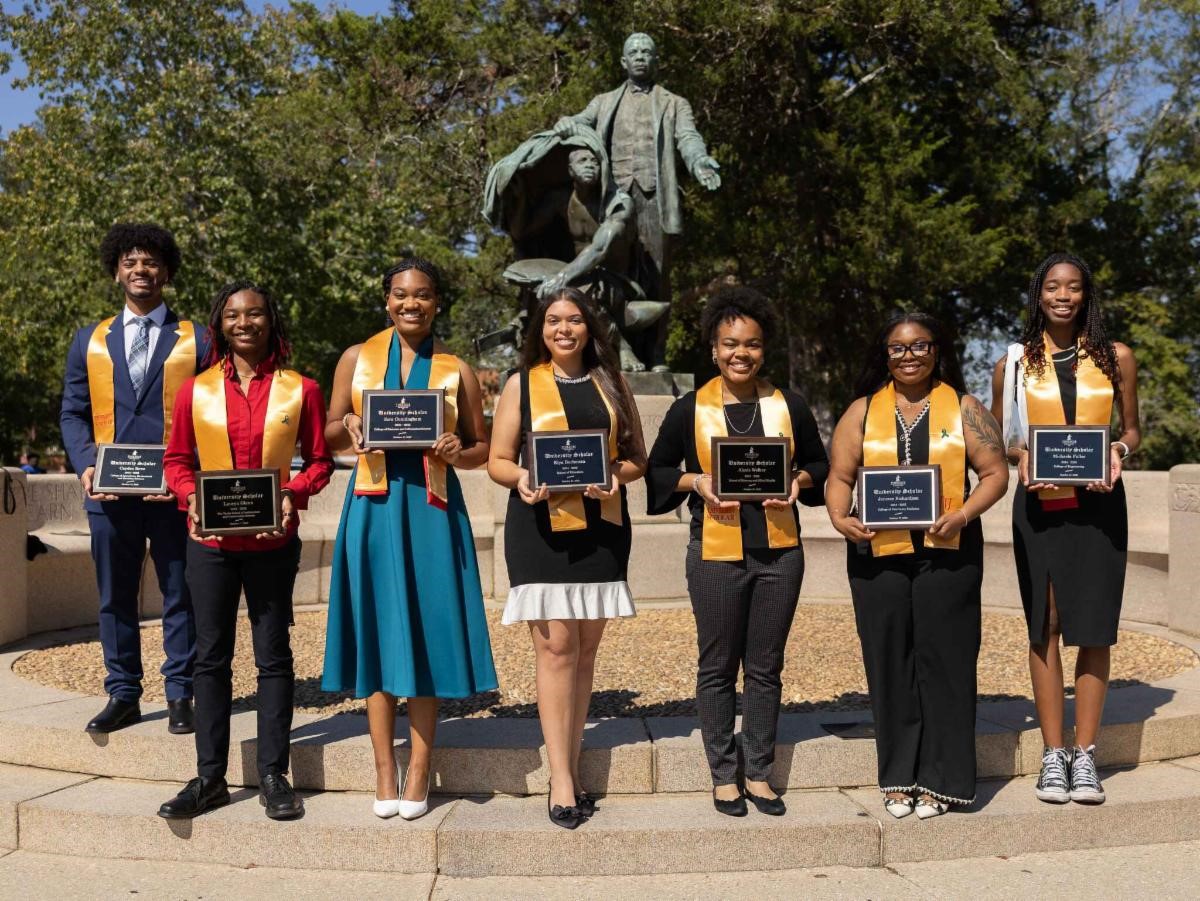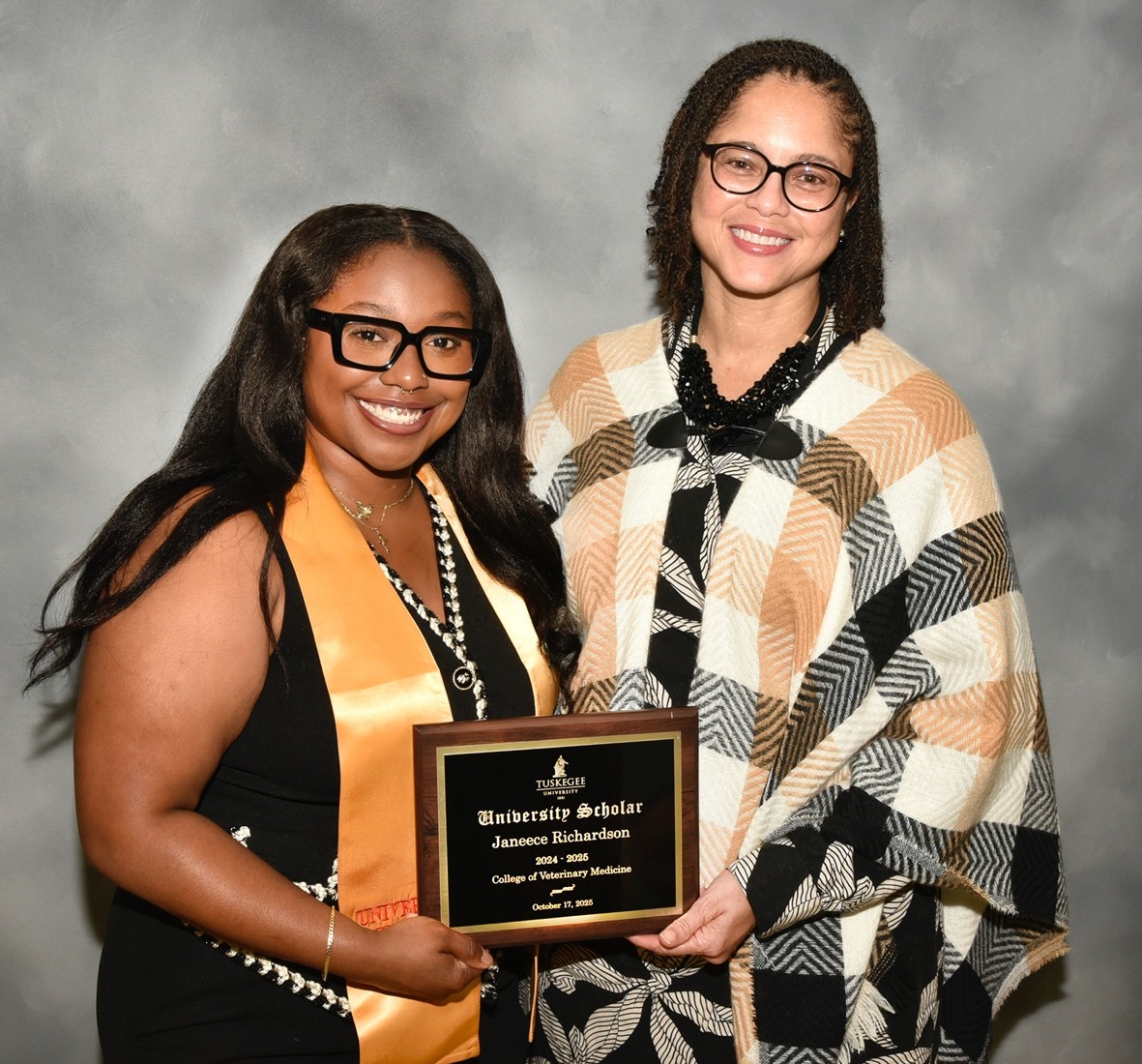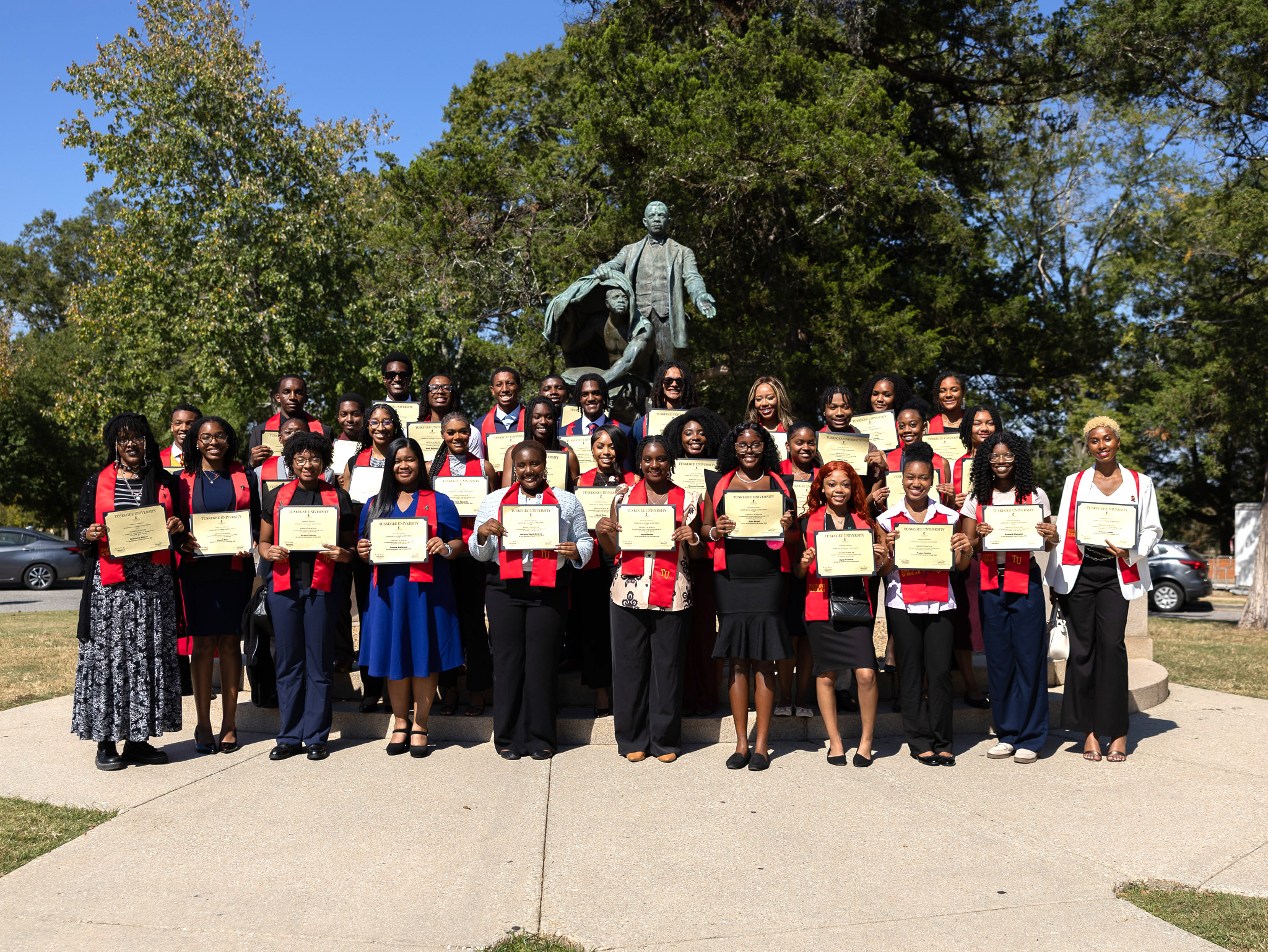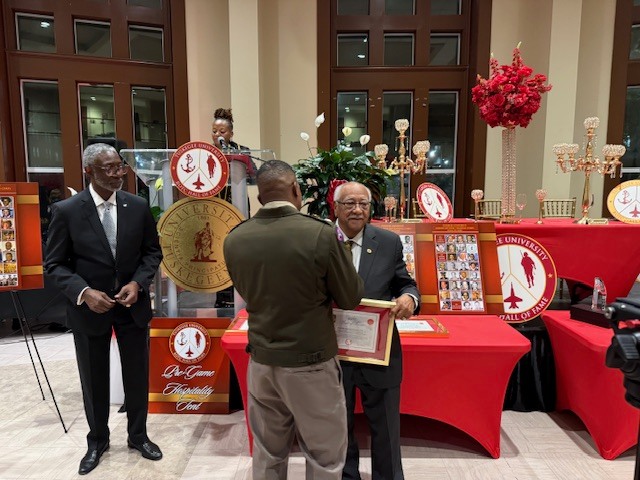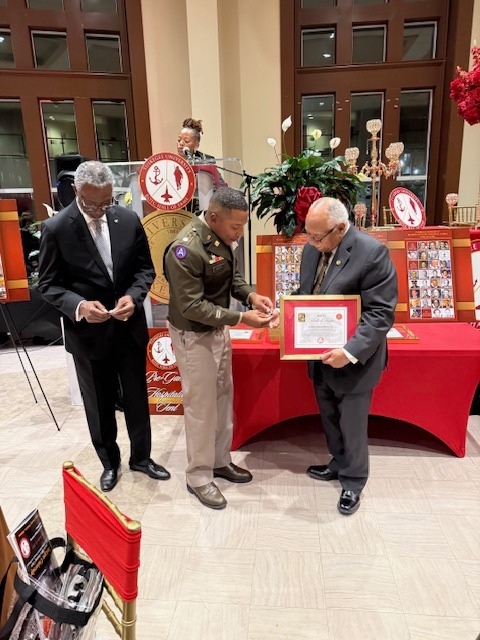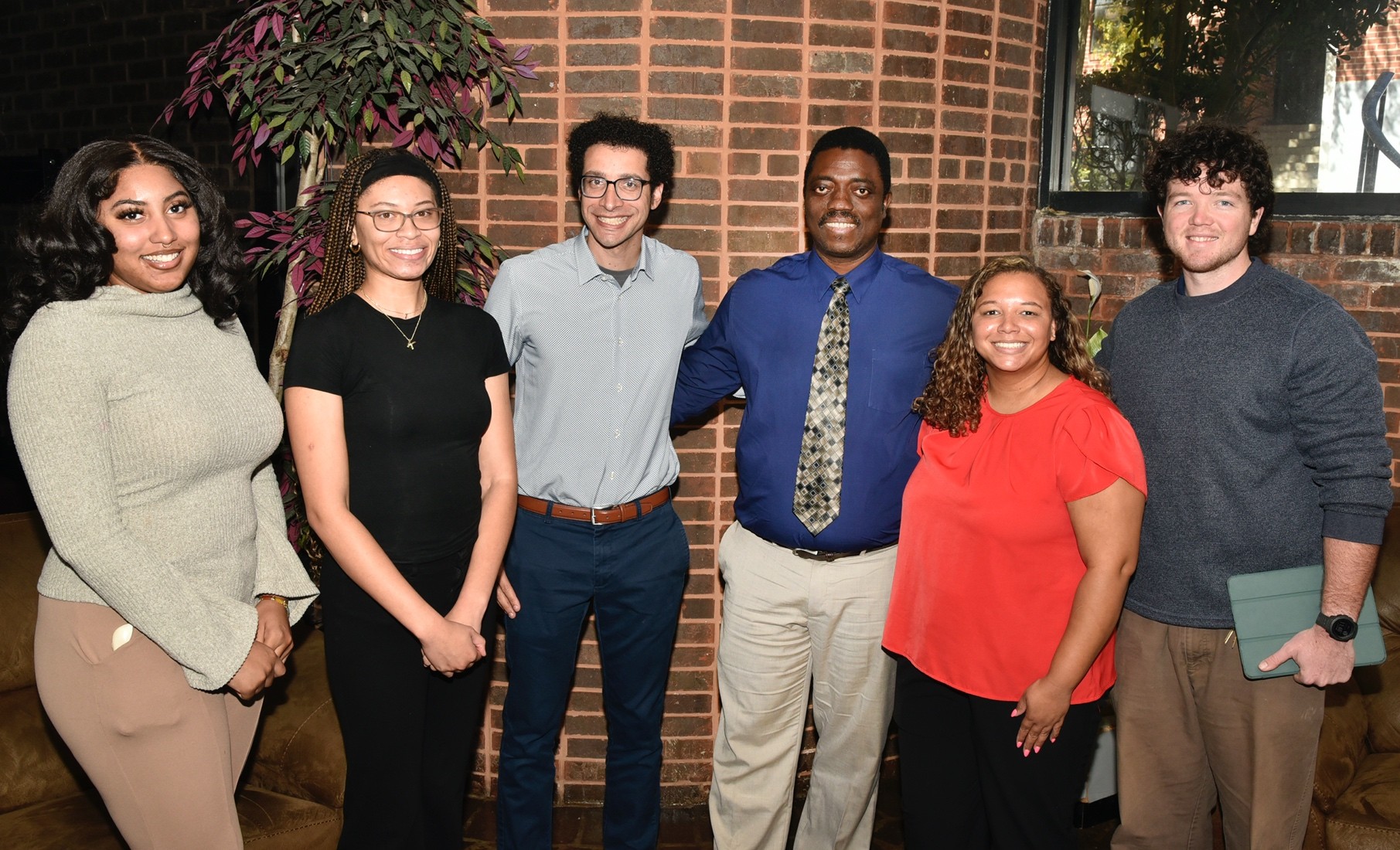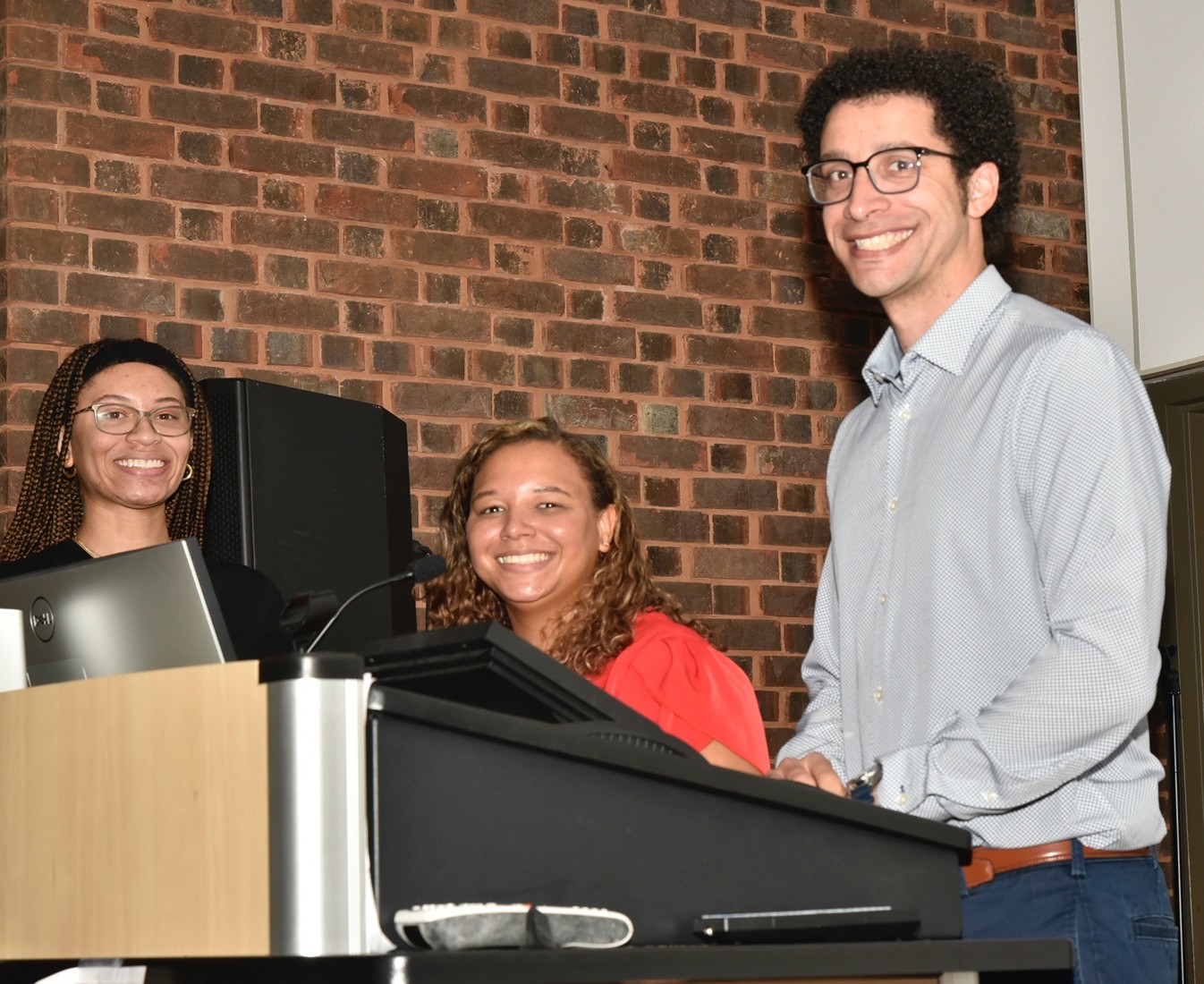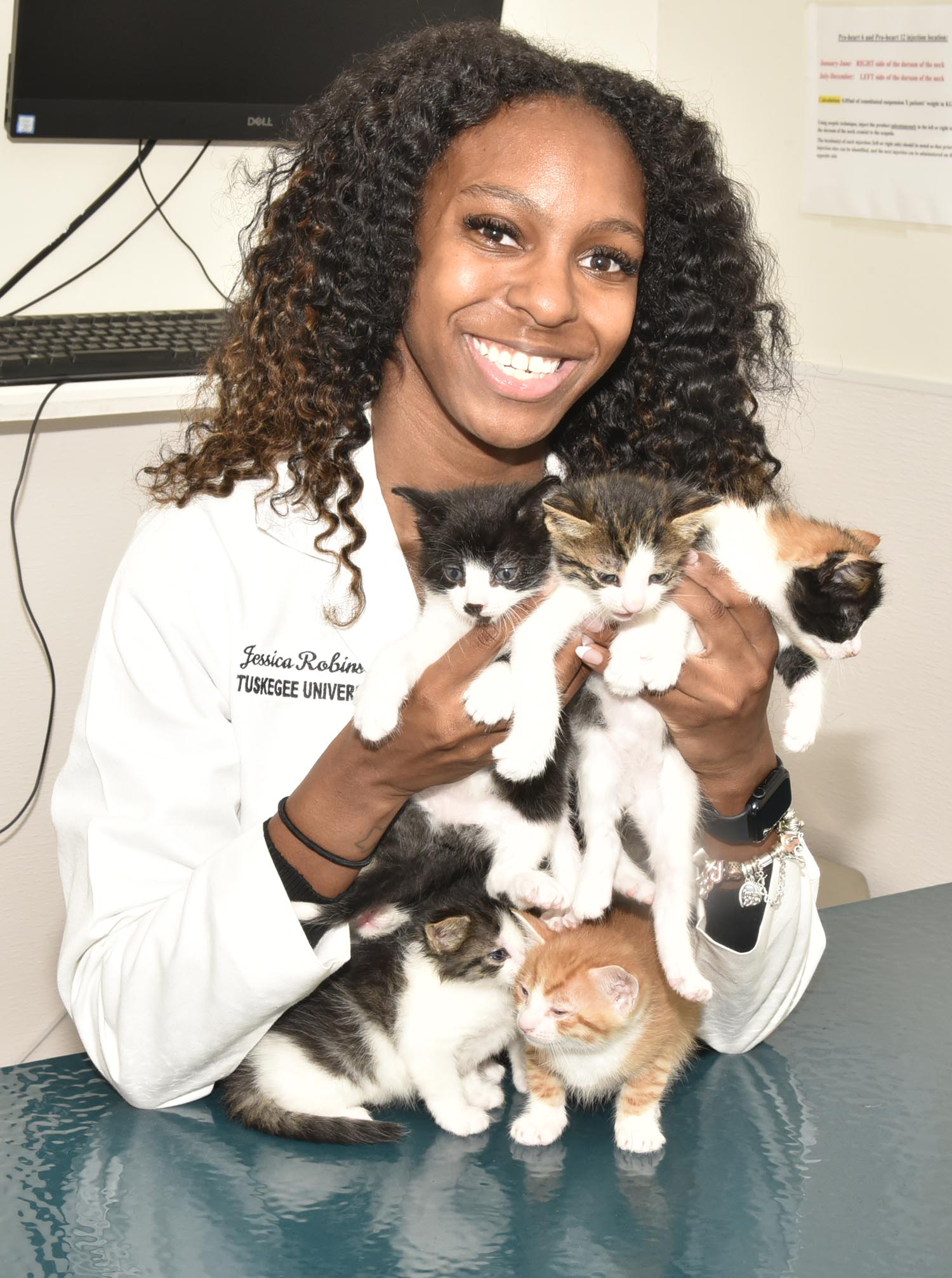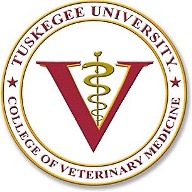The Tuskegee University College of Veterinary Medicine (TUCVM) is the first veterinary medical professional program located on the campus of a historically black college or university (HBCU) in the United States. The TUCVM has educated more than 70 percent of the nation’s African-American veterinarians and is recognized as the most diverse of all schools/colleges of veterinary medicine in the U.S. The primary mission of the TUCVM is to provide an environment that fosters a spirit of active, independent, and self-directed learning, intellectual curiosity, creativity, critical thinking, problem-solving, ethics, and leadership. It promotes teaching, research, and service in veterinary medicine and related disciplines. Read more
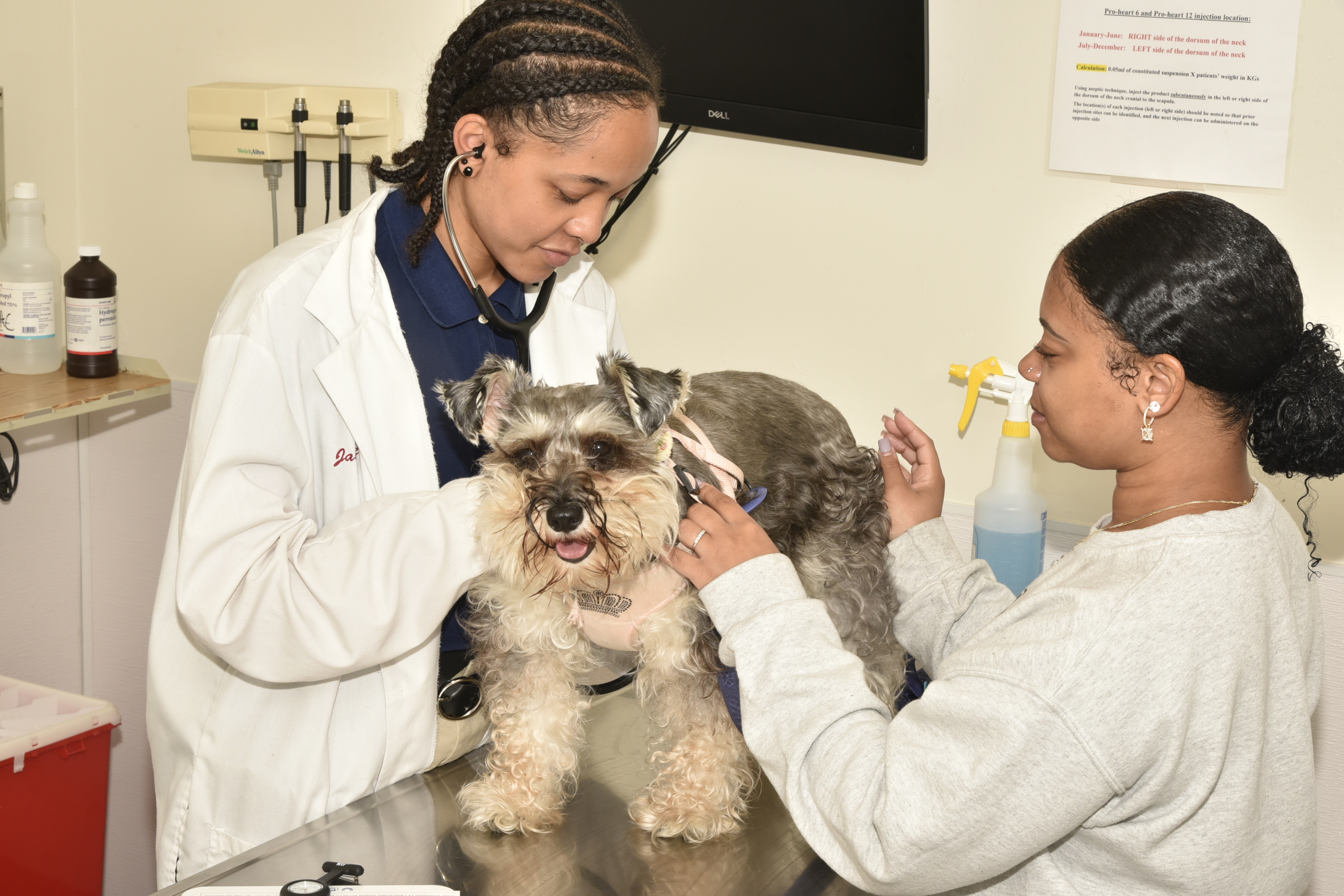
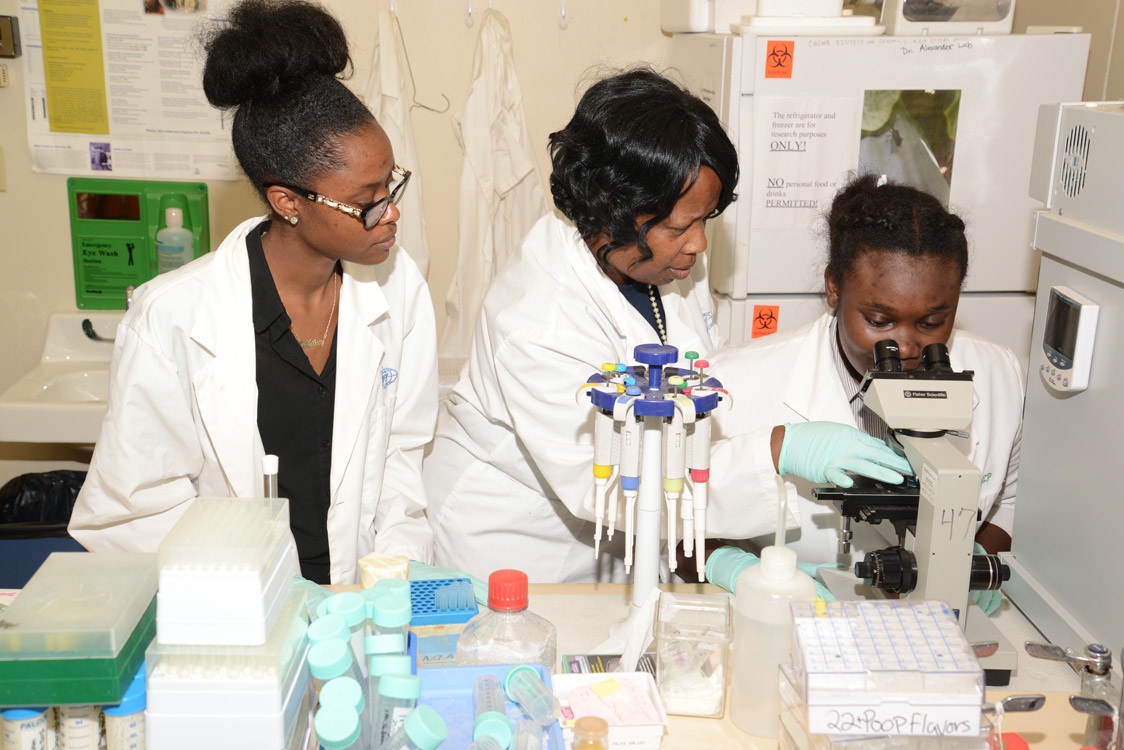
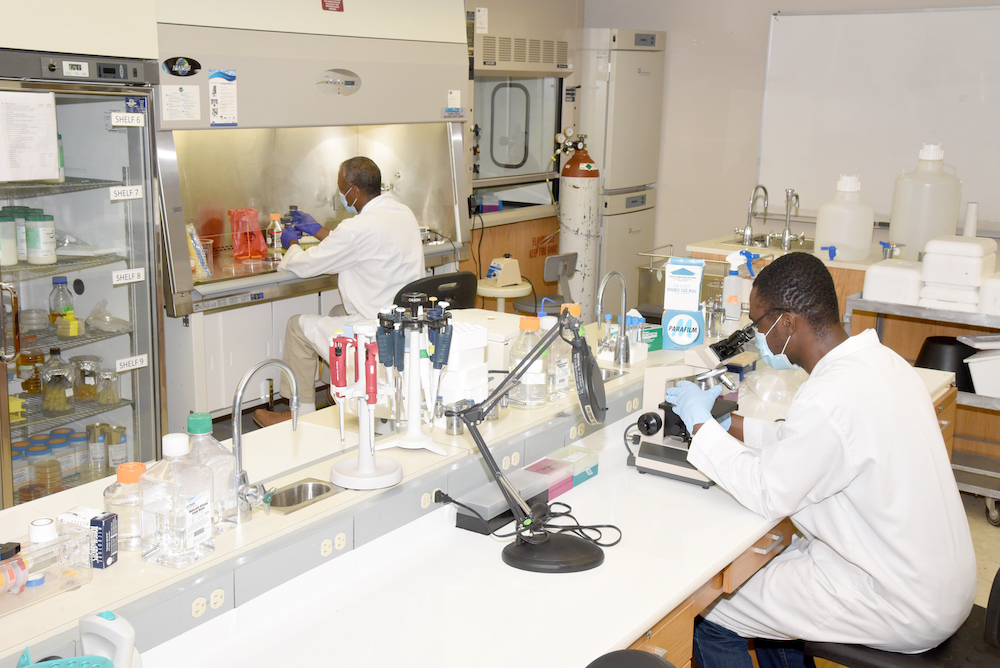
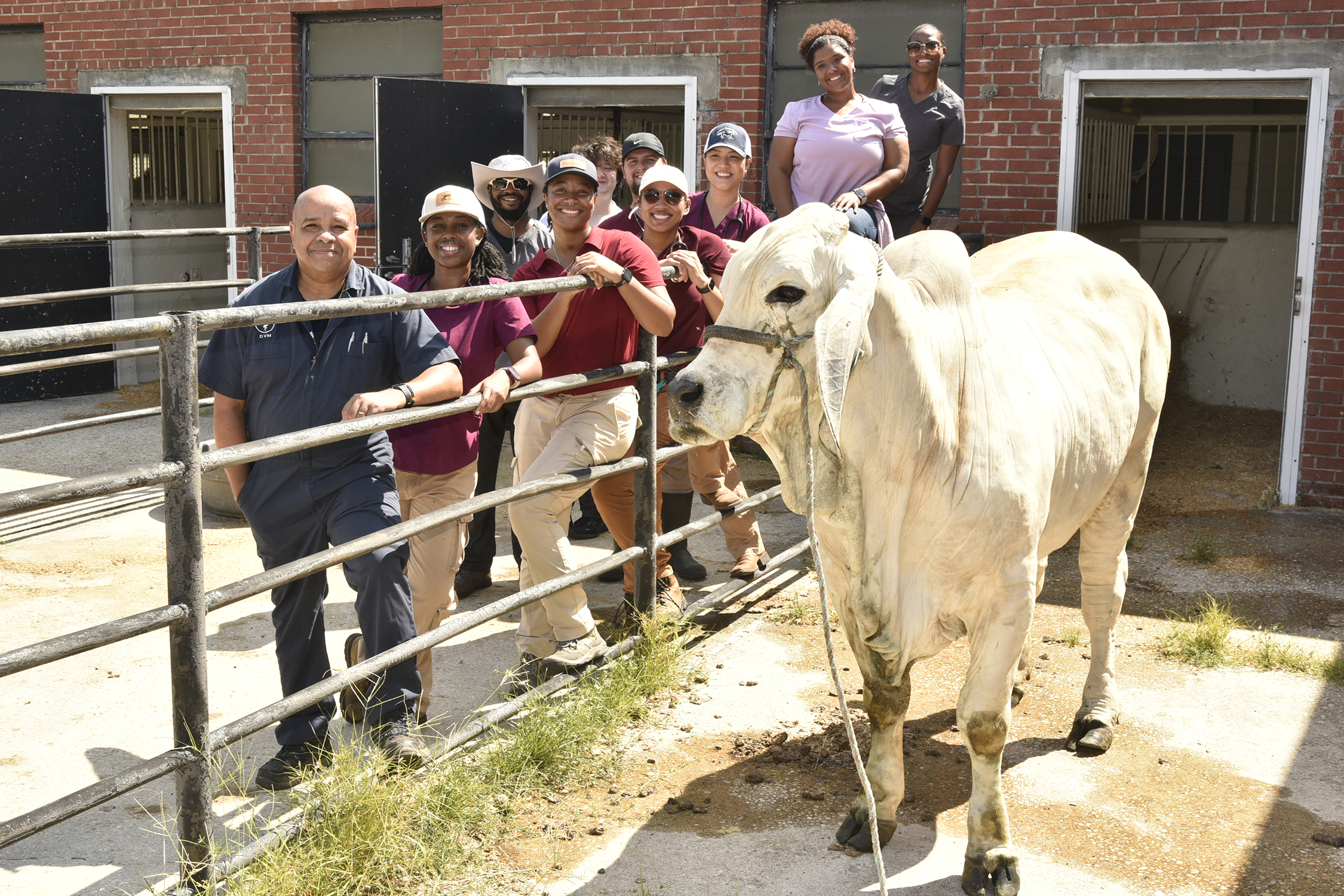
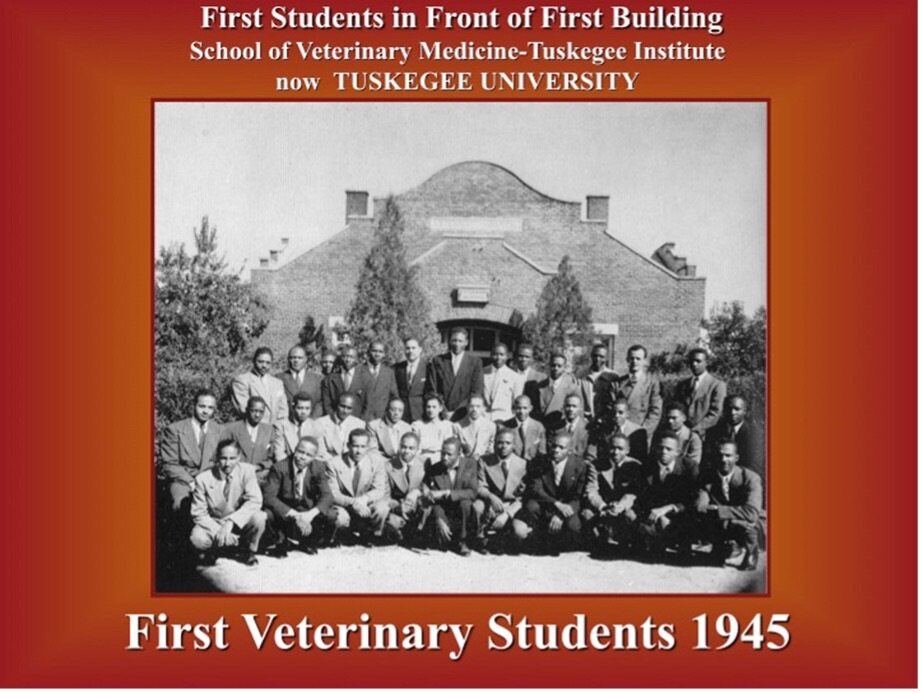

The Tuskegee University College of Veterinary Medicine (TUCVM) is the first veterinary medical professional program located on the campus of a historically black college or university (HBCU) in the United States. There are over 127,000 veterinarians in the U.S., 2% are African Americans, and of that 2%. 70% graduated from Tuskegee University. The TUCVM is recognized as the most diverse of all schools/colleges of veterinary medicine in the U.S. The primary mission of the TUCVM is to provide an environment that fosters a spirit of active, independent and self-directed learning, intellectual curiosity, creativity, critical thinking, problem solving, ethics, and leadership; and promotes teaching, research and service in veterinary medicine and related disciplines.

Welcome to the Tuskegee University College of Veterinary Medicine (TUCVM) located on the beautiful and historic campus of Tuskegee University in Tuskegee, Alabama.
The accrediting agency for Schools and Colleges of Veterinary Medicine in the United States and Canada is the American Veterinary Medical Association Council on Education (AVMA-COE). During its March 26-29, 2022, meeting, the AVMA-COE placed the College of Veterinary Medicine at Tuskegee University (TUCVM) on probationary status until reported deficiencies are removed. Although the College remains accredited, it has taken immediate and urgent steps to remove deficiencies for non-compliance with major deficiencies in finances, clinical resources, and outcomes assessment. It is important to note that the status of probationary accreditation has no adverse impact on the quality of the educational programs for our students. The COE requires that all accredited Schools and Colleges of Veterinary Medicine publish their average pass rate for the North American Veterinary Licensing Examination (NAVLE). The 2025 pass rate was 72%. Many factors affected our student performance and there are substantial plans in place for improving the NAVLE scores for 2026.
COLLEGE OF VETERINARY MEDICINE, TUSKEGEE UNIVERSITY
201 Patterson Hall
Tuskegee University, Alabama 36088


